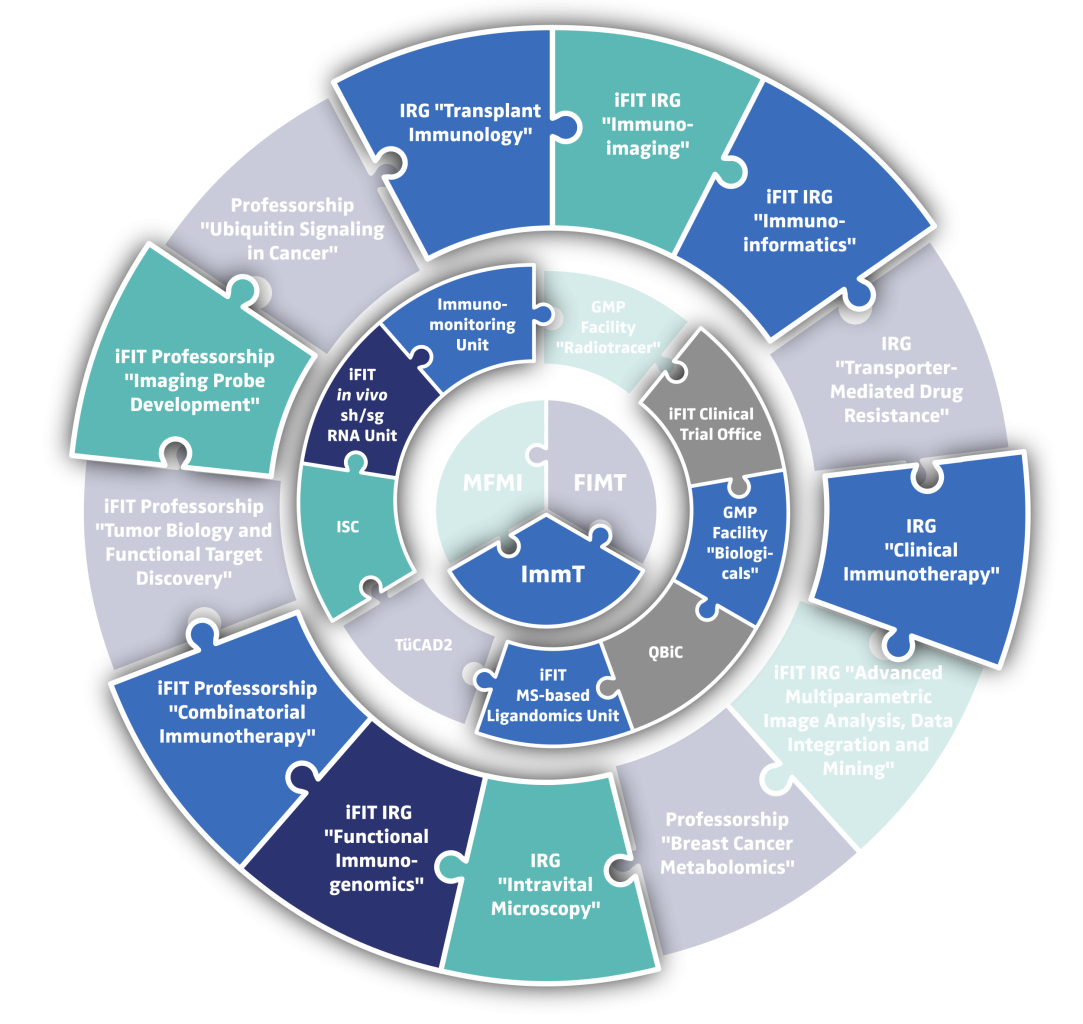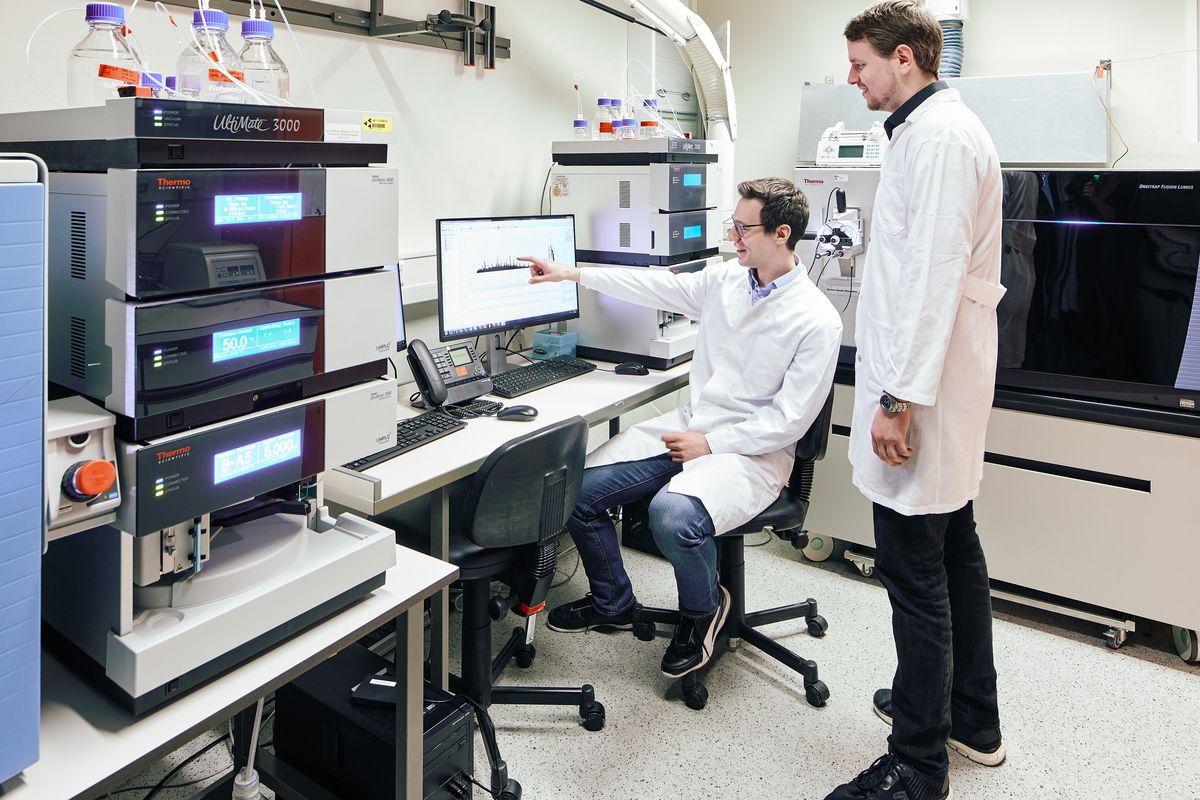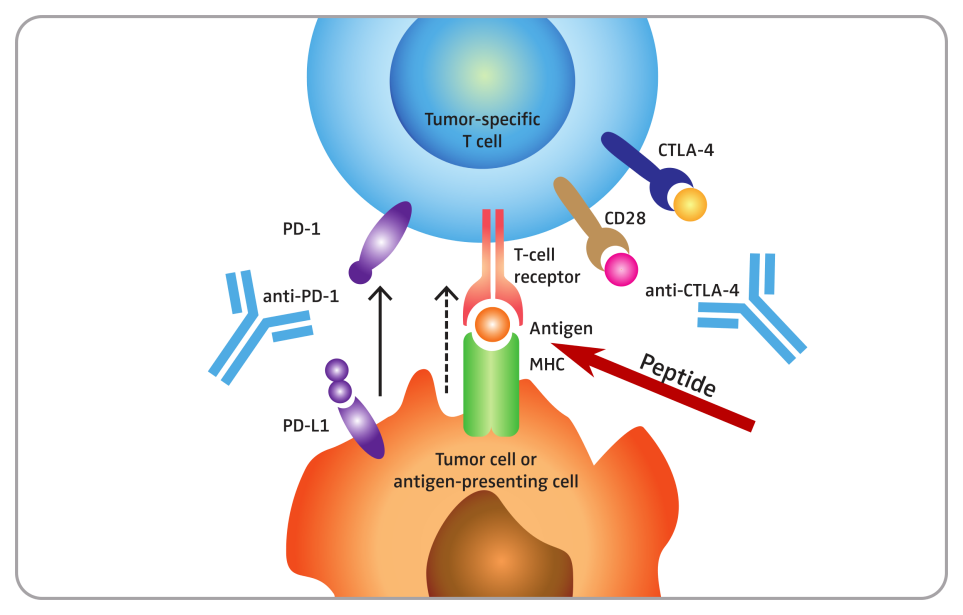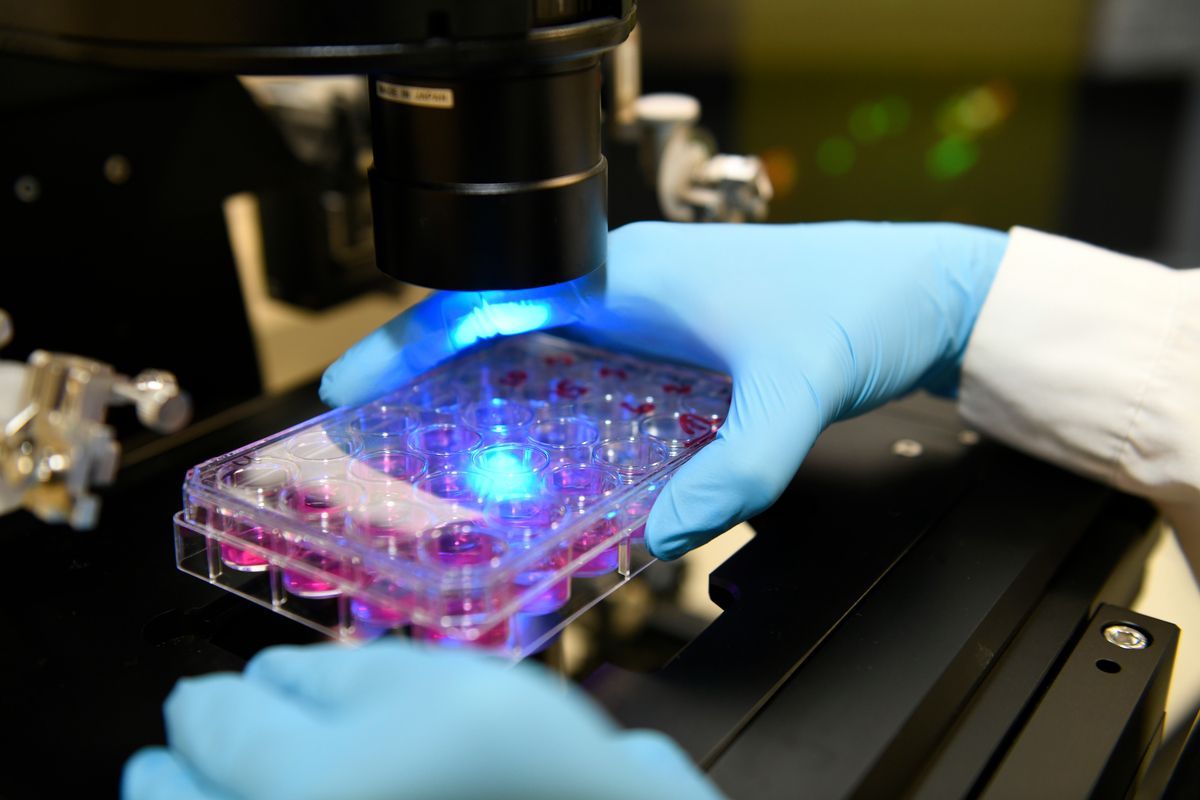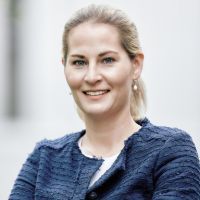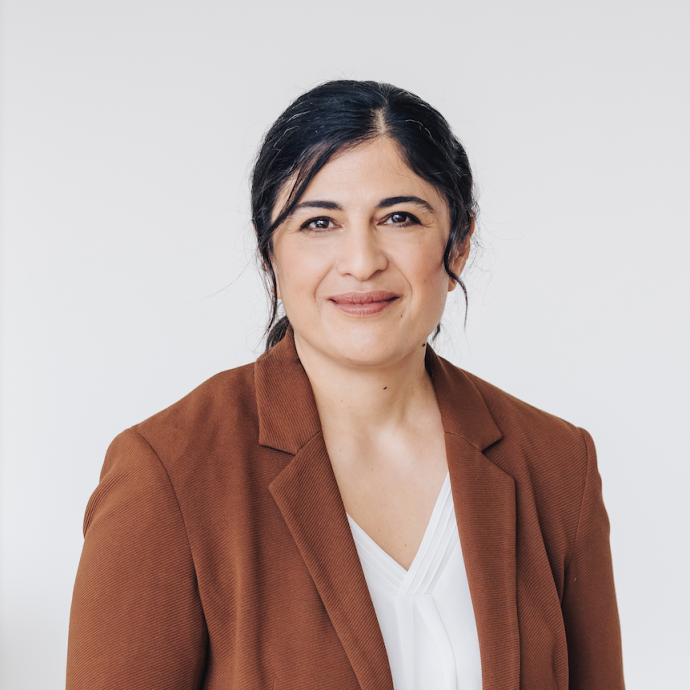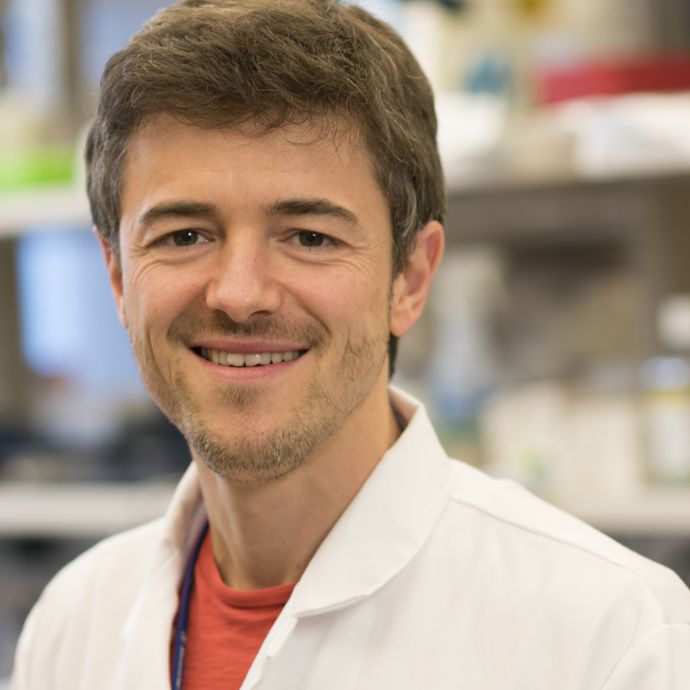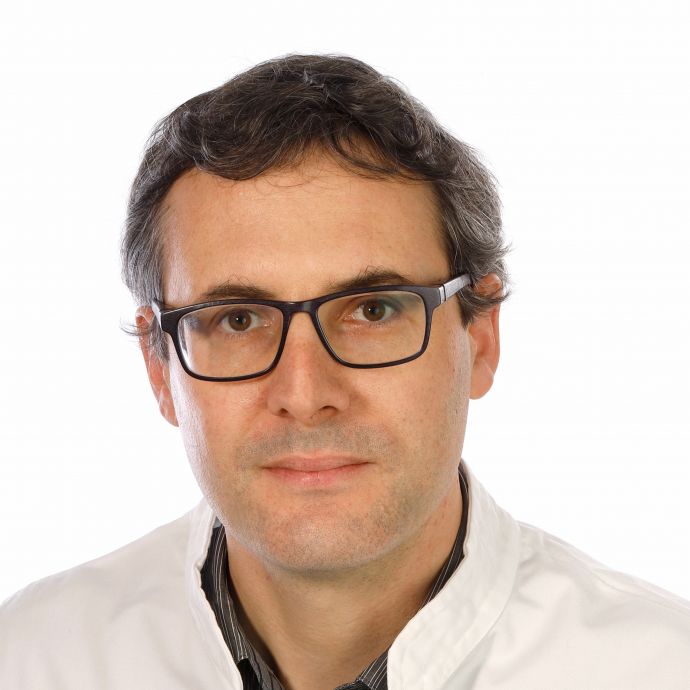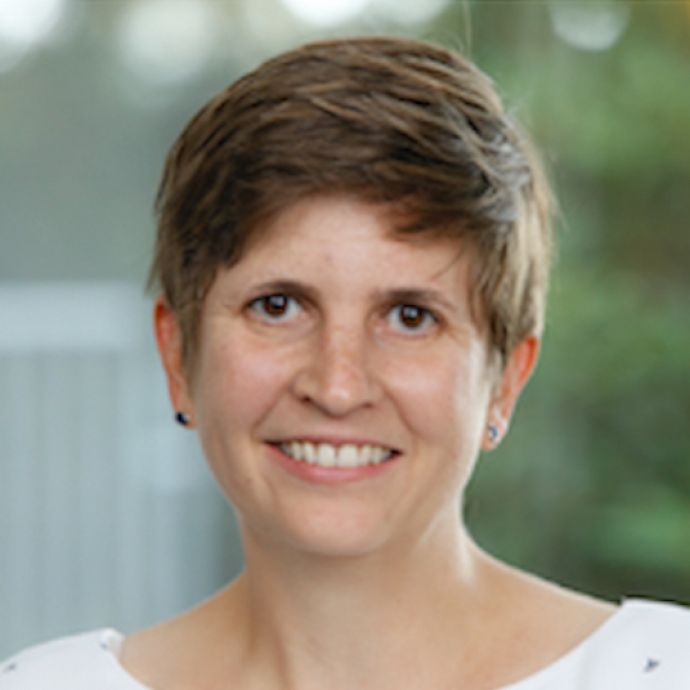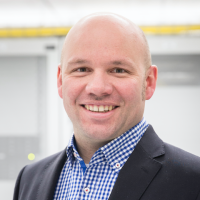The Immunotherapies research area deals with the question of how innovative immunotherapies can contribute to activating the patient's own immune system against tumor cells and thus support targeted drug therapy. Prof. Dr. Hans-Georg Rammensee, former director of the Department of Immunology at the University of Tübingen and co-spokesperson of the cluster, and his team have carried out internationally pioneering work with the elucidation of the recognition mechanisms of the immune system's T-cells.
In addition to Prof. Dr. Rammensee, the coordinators of the research area are Prof. Dr. Helmut Salih and Prof. Dr. Juliane Walz. The latter has taken over the role of spokesperson following the retirement of Hans-Georg Rammensee and will continue the work on the development of peptide-based immunotherapies.
The research area "Immunotherapies" (ImmT) is divided into three research modules:
- ImmT-1: Immunopeptidomics: The Role of Drug- or Stress-induced Physiological Adaptations and Peptide-specific T-cell Responses for Immunotherapy
- ImmT-2: Improved Peptide Vaccinations: Optimizing Targets, T-cell Responses, Time Points and Adjuvants
- ImmT-3: Novel Antibody Formats and Optimization of Antibody-based Recruitment of Cytotoxic Lymphocytes

